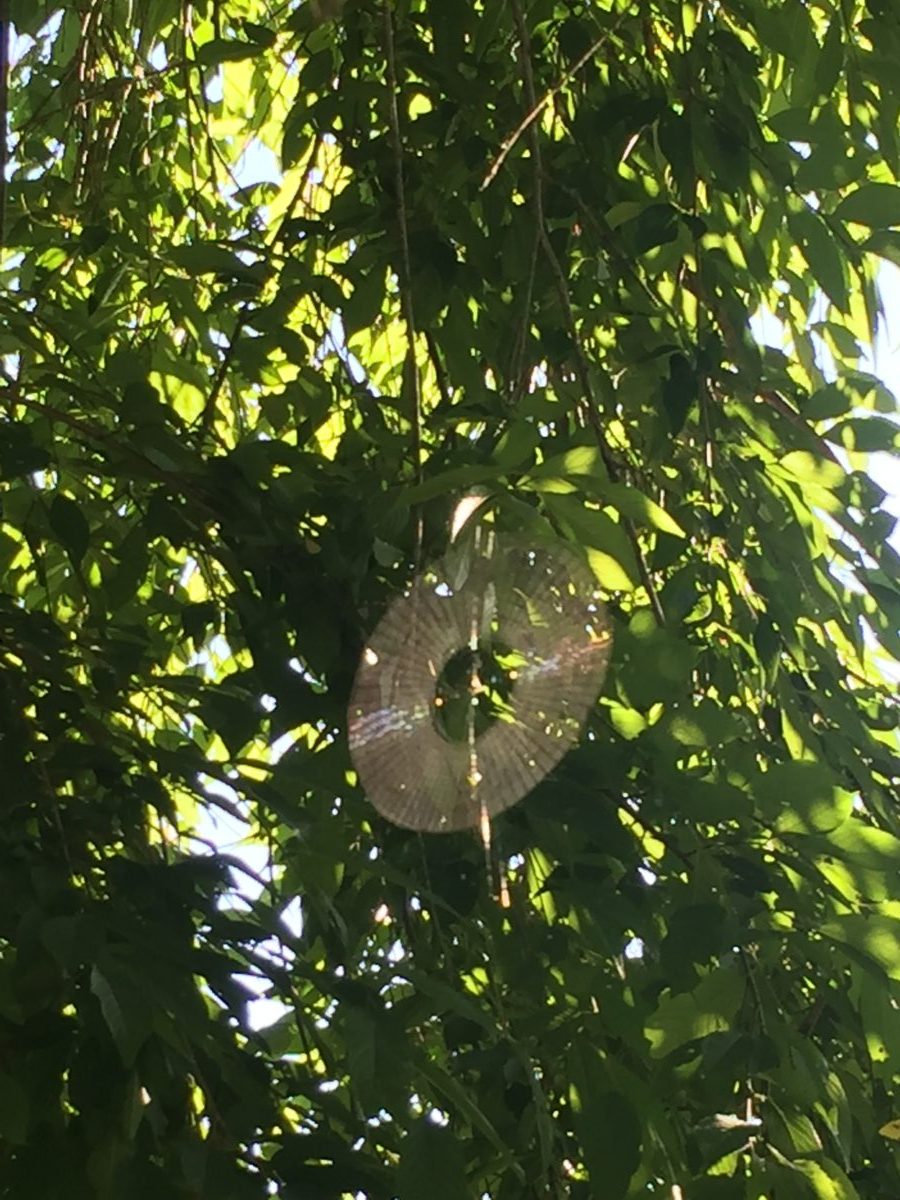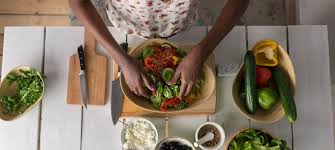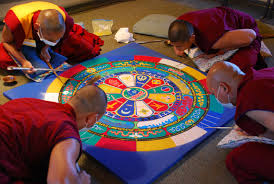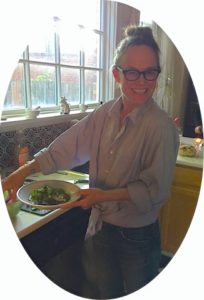Home Work, a Cook’s Condition

I’ve been thinking a lot about work lately. About work as career, as vocation, as the thing that defines you to a person you’ve just met (the “and what do you do?” question). About how it’s the workplace that gives a lot of us our most regular social interactions, maybe even our closest friends, and how having work seems crucial to an otherwise healthy person’s sense of place and purpose, even mental fitness.
And I think about how some of the most necessary tasks don’t quite make it into the “work” category, at least not insofar as is measured by pay.
Home kitchen tasks are right there at the top of the list of such work-not-work. The procuring, preparing, cooking, and clean-up that we do in home kitchens is a before-work, after-work, and weekend business for most folks. And yet, there’s a daily demand and necessity to doing these things that surely dignifies them as work – a work that needn’t be drudgery but can rather be a satisfaction, pleasure. A striking quality of this kind of work, a home cook’s endeavor, is that it doesn’t last. It doesn’t result in some enduring object, much less money in the bank. It is a necessarily transient product – made to be gone.

I’m reminded of the Tibetan sand mandala I witnessed at the Virginia Museum of Fine Arts in Richmond some weeks ago. Maybe you’ve seen one for yourself. Maybe you’re a monk who knows the experience of working on such a thing. A highly intricate, colorful representation of cosmic order and spiritual journey, the mandala takes hours of painstaking work to create. Then, in a final ritual, it is all swept away. Get comfortable with giving something your all – focus and effort and skill, work with all you’ve got – then let it all go with good cheer. The work is enough. In a lot of ways home cooks (to include the kitchen garden) have been doing this for millennia.

Along Buddhism’s “noble eightfold path” is “right livelihood” or “good work.” And what is such livelihood/work? Common to various answers is a do-no-harm philosophy in abstaining from having or taking more than one needs. Seems home cooks thoughtful about the effects of what they procure and how they prepare, cook, and clean up are on to something.
Summer mornings, actually as soon as it’s warm enough in spring and for as long as that again come fall, Mr. Hollywood takes his ritual shower time outside. This is no hurried affair, but a leisurely business, complete with music from a small portable speaker. I sit with my coffee on the stone steps next to where he scrub-a-dubs while Charlie gambols around. It’s a sweet, slow time in days the rest of which are often anything but.
Yesterday, the most remarkable spider’s web caught my eye. While birds flitted by and Charlie mosied through the branches and leaves, while Mr. Hollywood got himself ready for work, this tiny creature barely visible to the human eye, was with single focus diligently weaving a most magnificent, most fragile web.

When the sun hit it just so, I could see its full wonder, carefully hung in the weeping cherry’s green branches. A perfect circle with a perfect bifurcating cross for structure, I’d never seen anything like it. Closer, I could see a tiny spider hard at her own work. Round and round she went along the inside edge, smaller with each circuit, still spinning.
We went back inside to resume our day’s work, and I forgot all about it.

This morning, it was gone.
